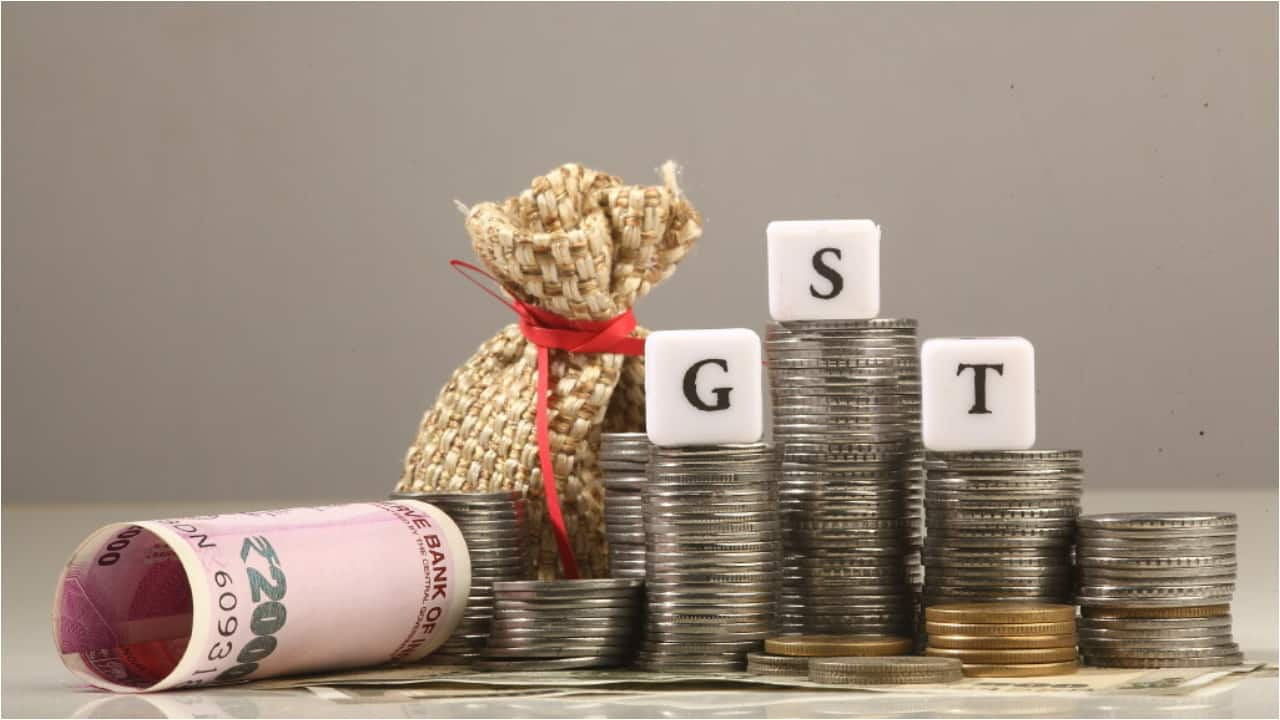The GST Council has formed three Group of Ministers (GOMS). They will hold a meeting on August 20 and 21, in which the central government’s proposed revised GST framework will be reviewed. This framework includes proposals to simplify tax structure.
The recommendations of these three groups will later be sent to the GST Council. Officials hope that the council will get approval by Diwali. The three panels belong to the state finance ministers, who are related to simplification, insurance and compensation cess.
How is GST’s new framework?
Slabs of 12% and 28% will be abolished in the proposed framework of GST. Only 5% and 18% rates will remain intact. Most of the 12% slab products will shift to 5% and some will go to 18%. The highest GST rate will be 40%. Some special products will be kept in it.
Senior officials say that simplifying GST rates will increase consumption immediately. This will fulfill some loss of revenue. The government is confident that this step is financially sustainable. The 40% slab may be applied to some products, but it will remain a support for revenue.

Focus on poor and middle class
According to officials, this restructuring GST rate has been done keeping in mind the convenience of the common man. Its purpose is to protect the interests of the poor, farmers, middle class and MSME.
Meanwhile, the US has imposed heavy tariffs on Indian exports, but government sources called it a coincidence. He says, “We have been working on it for the last two and a half years. This structural change was long pending.”
First time restructuring of GST
In the meeting to be held on August 20, the Revenue Department will give a presentation to the three Goms. These proposals were shared with groups a day before the Prime Minister’s Independence Day speech.
This is the first time the Center has proposed restructuring of GST to intensify reforms. So far, the rates have been simplified mostly on the initiative of Goms and GST Council.
What will be the attitude of the states?
The group of ministers with rate rationalization includes ministers from Kerala, Uttar Pradesh, Rajasthan, West Bengal, Bihar and Karnataka. Former Finance Minister of Kerala Thomas Isaq described this framework as ‘disastrous for revenue’. However, the government hopes that the states will support this major reform. Under the process, GOM will make recommendations first and then the GST Council will take a final decision.

According to government sources, there is no bias on the basis of any industry or product category. The review was done on the basis that the product is needed everyday, whether it affects the farmers or does it put the burden on the middle class. Every item has passed through this filter. Officials believe that the states will not have a concrete reason for opposing restructuring.
The GST Council has a total of 33 members. These include Union Finance Minister, Minister of State and Finance Minister of all states and union territories.
Status on petrol and diesel
At present, the government is not ready to bring petrol, diesel and liquor under GST. At present, GST is not applicable on petrol and diesel in India. This is a case of state and prices vary in different states due to VAT and central excise duty.
The government hopes that the new GST framework will be implemented by the end of October this year by Diwali. Prime Minister Modi also mentioned this deadline in his speech on Independence Day.





